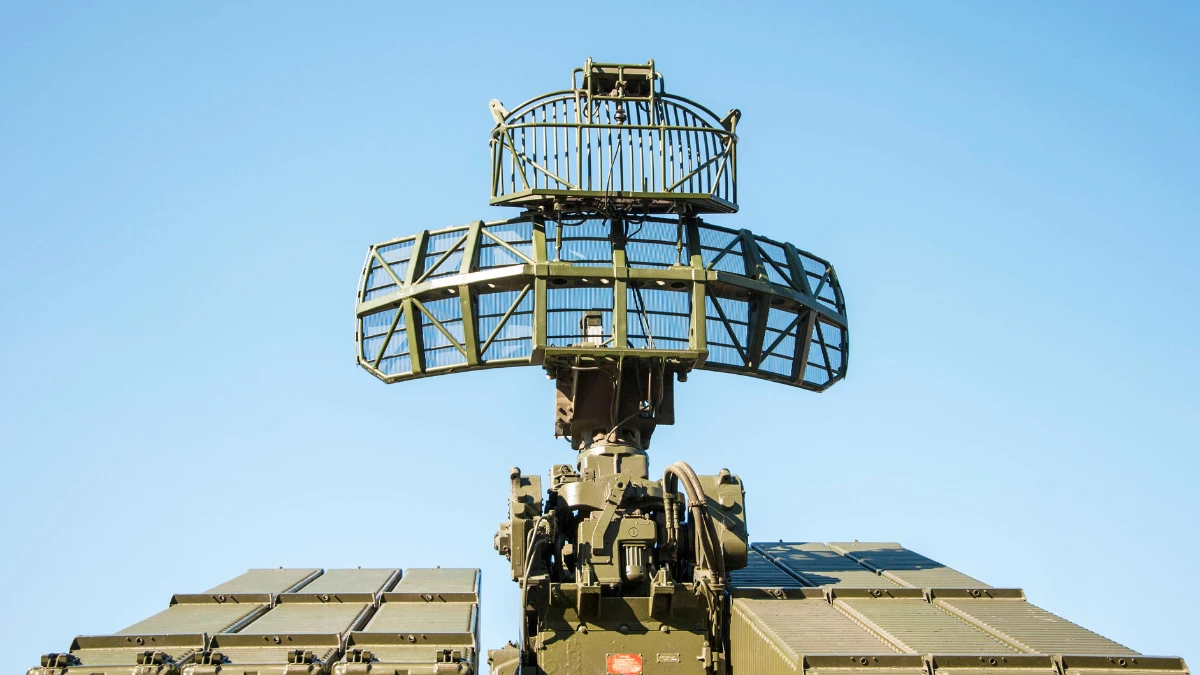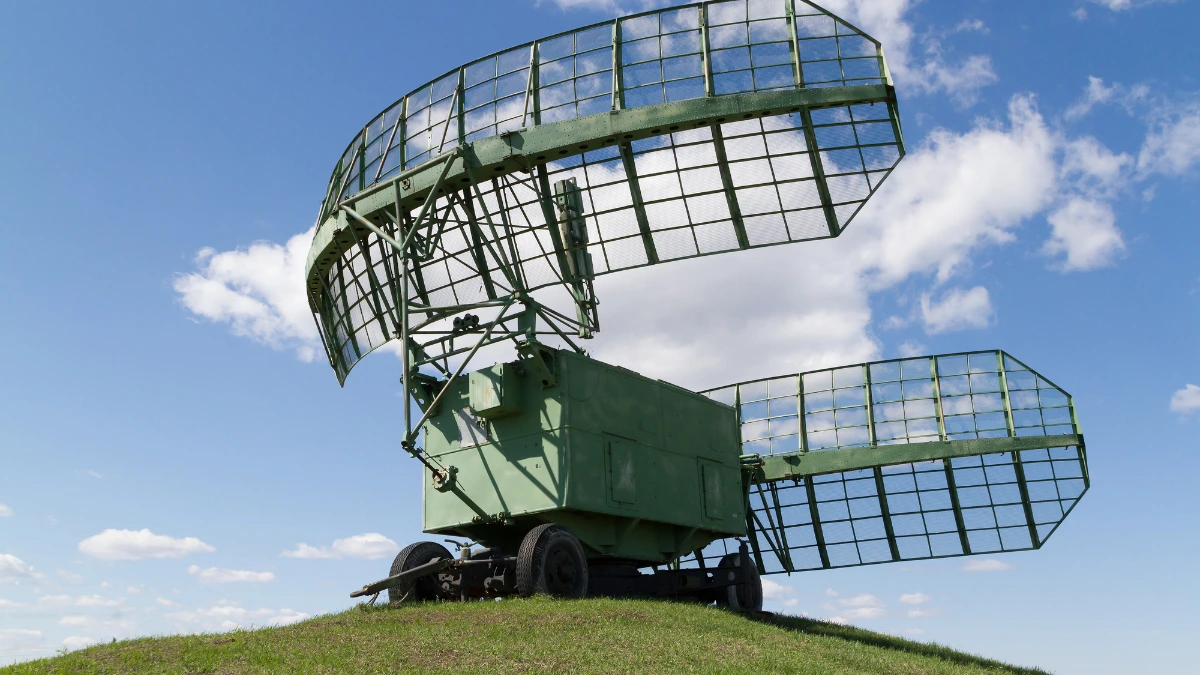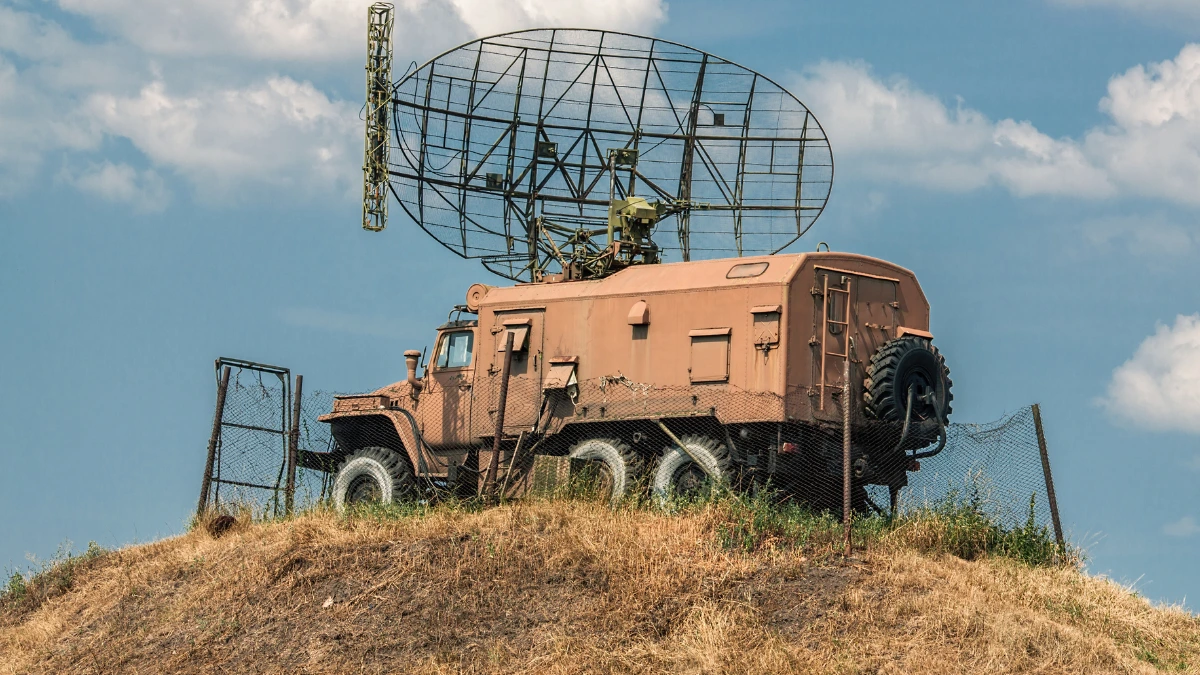Radar security in the military provides many benefits, especially in the military security system. However, the advantages and disadvantages of radar security in the military cannot be separated even though we can feel the benefits.
The advantages and disadvantages of radar security in the military include remote detection, operation in bad weather, limited range, to electronic interference.
This article will inform you about some of the advantages and disadvantages of radar security in the military as your consideration.
Advantages and Disadvantages of Radar Security in The Military
Radar security in the military has advantages such as remote detection, operation in bad weather conditions, to integration to other security system. However, there are also disadvantages such as limited range, electronic interference, to disruption to radar infrastructure. Here are the advantages and disadvantages of radar security in the military in detail:
Advantages of Radar Security in The Military

Here are some of the advantages of using radar security in the military:
1. Remote detection
Benefits Radar can detect objects at long distances. In military security, it helps keep an eye beyond the range of visual sight and enables early detection of approaching threats.
2. Operation in bad weather conditions
Military security cannot be hindered by any situation, including bad weather conditions. Radar can still function to perform detection and surveillance in bad weather conditions such as rain, fog, or clouds, which can hinder human vision.
3. Broad surveillance
Radar security in the military is highly advantageous with its ability to monitor large areas, including airspace and sea, thus expanding the range of security surveillance.
4. Identification and tracking
In military security systems, of course, clear data is needed. In this case, radar can do its job in identifying the type of target and tracking its movements, providing more detailed information about the threat.
5. Integration with another security system
Another advantage of radar for military security systems is the ease with which it can be integrated with other security systems, such as cameras and sensors, to increase surveillance effectiveness.
Disadvantages of Radar Security in The Military

Here are some of the disadvantages of using radar security in the military:
1. Limited range
Radar range is affected by various factors, such as radio wave frequency and atmospheric conditions. Some radars only have a limited range and cannot detect distant targets.
2. Electronic interference
In order to penetrate security, an enemy may use electronic devices to interfere with radar signals. This is done with the aim of making the radar system lose detection capability.
3. Stealth targets
The drawback of radar security in the military is avoiding targets with stealth technology. These tactics are designed to absorb or deflect radio waves, making them difficult to detect by radar.
4. Low flight tactics
One tactic used to bypass radar security is for aircraft to fly very low (nap-of-the-earth). This tactic can avoid radar detection as radar waves may not be able to reach such altitudes.
5. Disruption to radar infrastructure
Another thing to look out for as a shortcoming of radar for military security is damage or disruption to the radar infrastructure. A damaged or only partially operational radar can reduce the effectiveness of the radar system as a whole.
Those are the advantages and disadvantages of radar security in the military that you need to know. When you choose radar security in the military you can feel all the advantages from remote detection, and operation in bad weather conditions, to integration into another security system.
However, don’t forget to make a consideration of the disadvantages which are limited range, electronic interference, to disruption to radar infrastructure.
Another thing to note is that radar security in the military on the market uses LoRaWAN technology, this technology must pass the certification test from the Directorate General of Digital Infrastructure (DJID).
With DJID certification, users can feel calm about using a radar security device whose quality and security are guaranteed. For manufacturers or importers of radar security devices, obtaining certification from DJID is a mandatory step before the device can be officially marketed in Indonesia.
To simplify the certification process, we are available to assist with this process as a reliable solution. [UN]

